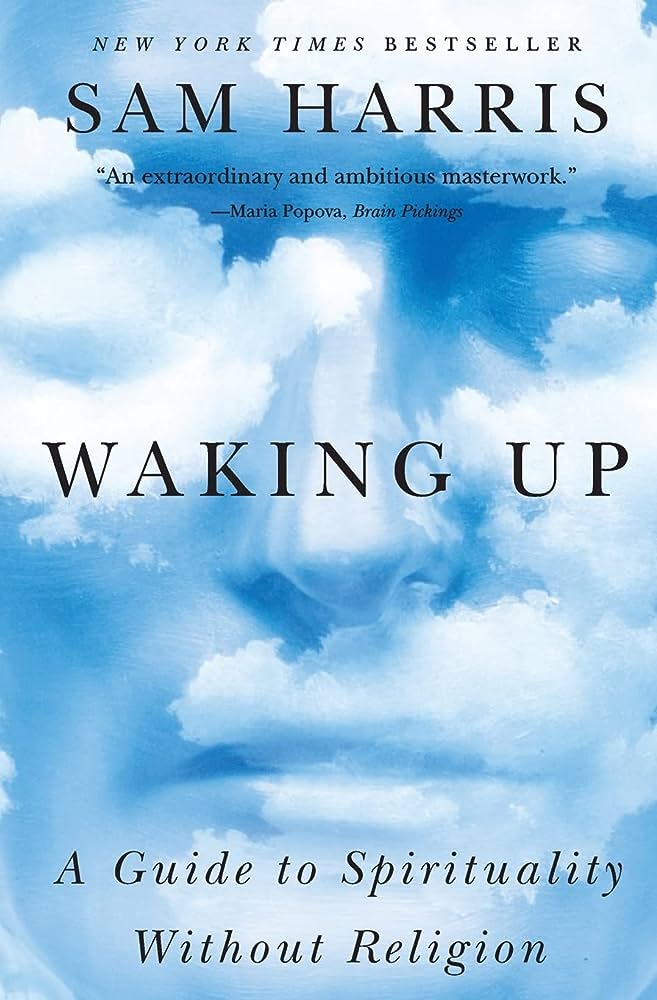Disclosure: some of the links below are affiliate links, meaning that at no additional cost to you, I will receive a commission if you click through and make a purchase.
My relationship to meditation is the same one I have with the gym: inconsistent & sporadic. The thinking goes like this:
- I really should make exercise/meditation a habit because it’s good for my physical/mental health
- I vow to consistently exercise/mediate x# of days per week
- I start off strong, riding the initial wave of motivation for the first week or two
- I miss a day, a day turns into several, I feel like I “blew” it, guilt myself.
- I try again to re-establish a consistent habit & repeat the cycle
I found myself wondering what underlies this stop & go pattern of inconsistency when it comes to my meditation practice. After all, meditation’s benefits are lauded as life-changing & transformative. If you search “benefits of meditation: here are just a few of the benefits promised:
- Reducing negative emotions
- Increasing imagination & creativity
- Increasing patience & tolerance
- Longer attention span
- Improved sleep
- Helps control pain
So, why is it hard to stick to? It was only after picking up the book “Waking Up: A Guide to Spirituality Without Religion” by Sam Harris did I gain an entirely new understanding & perspective on the role of meditation.

In ‘Chapter 1: Spirituality’ Sam asks:
“Is there a form of happiness beyond mere repetition of pleasure and avoidance of pain? Is there a happiness that does not depend upon having one’s favorite foods available or friends and loved ones within arm’s reach, or good books to read, or something to look forward to on the weekend? Is it possible to be happy before anything happens, before one’s desires are gratified, in spite of life’s difficulties, in the very midst of physical pain, old age, disease and death? We are all, in some sense, living our answer to this question – and most of us are living as though the answer were “no.” …. Certain people, however, come to suspect that human existence might encompass more than this…And such people often begin to practice various disciplines of attention as a means of examining their experience closely enough to see whether a deeper source of well-being exists.”
Framed in this way, I began to understand that my mental model of meditation was skewed. Without even consciously realizing it, I viewed a consistent meditation habit as a means to an end. I hoped that after logging enough meditation hours I would wake-up as a different person; someone who can enter a flow state at will, kind, serene, and generally at peace with the world & wholly immune from human suffering. As ridiculous as this framing is, I’m not the only one operating off the same belief.
So how did Sam Harris’ book reframe my view of meditation & paradoxically bolstered my commitment to a regular meditation practice?
By showing that meditation can be a tool to delve into the nature of consciousness itself & lead to the path of awakening by experiencing more profound states of consciousness – ones that expose the illusion of the ‘self’ & provide a respite from the incessant & exhausting dialogue of the internal chatter of our mind. Sam posits that:
“The practice of meditation is a method of breaking the spell of thought”.
If you too want to experience a more profound understanding of the power of meditation & how it relates to the exploration of consciousness itself as a path to spiritual awakening I encourage you to read Waking Up for yourself.
